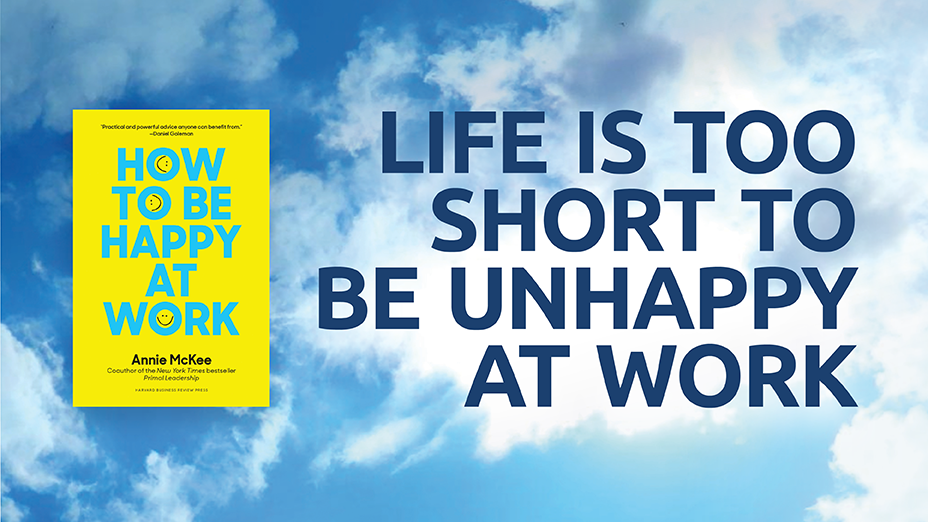As a leader, chances are you have to present more than just now and again. Whether it is to deliver a plan, win over your peers or motivate the team - how your ideas get heard, understood and trusted is essential if you are to stand out from the crowd and increase your credibility.
The pressure of communicating can often lead any of us to wishing we could have the upper hand by reading other’s body language as we speak to answer the question of “do they like me and my ideas”, “are they buying in?” or quite often “do they think I totally suck!?”
"Let them see more and they will trust more."
Well, there is plenty out there to digest on how you might gain a nonverbal advantage through trying to read the silent cues that betray peoples’ real feelings about you or your ideas. But none the less, when it comes to detecting if others around you have been honest about what they have said, here’s the bad news… even the most expert in the field know that every credible study conducted for the last thirty years has demonstrated that we humans are no better than pure chance at detecting deception. You may as well just toss a coin. Certainly some of us are above average, but barely above chance when 40% of the time we are utterly wrong! Can you afford to stake your leadership on even the best end of those odds?
That’s why I say “STOP READING AND START LEADING!” Don't try to read other people's body language consciously. Instead, concentrate on influencing your audience to mirror your clear and positive nonverbal behaviour, and they will be most likely to trust and engage with you as a credible leader every time you communicate. So for you to have the most positive impact, to stand out, win trust and gain credibility every time you speak, here are my top body language tips for speaking in front of any audience any time and in a way that wins trust immediately.
PUT YOUR BODY ON DISPLAY
Move away from behind the furniture. When speaking at a conference, have a lavaliere or handheld mic and step away from the podium. If sitting in a meeting, pull your chair back from the table — in short, display more of your body to your audience. Your audience's instinctual 'reptilian' brain needs to see your body and your body language to decide what they think your intentions and feelings are towards them. When they don’t see enough of you they unconsciously default to negative assumption about you and your ideas. Let them see more and they will trust more.
SPEAK FROM YOUR BELLY
Place your hands in what I have trademarked the TRUTHPLANE®, the horizontal plane that extends 180 degrees out of your navel area. Bringing the audience's unconscious attention to this vulnerable area of your body makes them feel that you are very confident. And by assuming this physicality, you will feel more confident too. Our body language not only leads others to feelings about us and what we are saying but also leads our own internal thoughts and feelings about our performance. Speak from the TRUTHPLANE® and you’ll look and feel more credible. When perception is reality – this alone can make the difference between who is seen as a leader and who is considered inferior.
SHOW YOUR HANDS
Show your palms open with nothing in your hands to let others know that you mean no harm and are speaking for their benefit. This is a universally recognised 'friendly' gesture.
HANG OUT... CHECK OUT
Avoid dangling your hands by your sides when giving important messages. It gives your voice a depressing or sleepy downward intonation, and makes you look unconfident. And of course it causes you also to feel unconfident and excites your fight and flight response when you are under pressure.
ATTRACT RECOGNITION
Keep your gestures symmetrical. The brain understands symmetry in the body more easily than asymmetry, and we find it more appealing. Gesture symmetrically and not only will others interpret your message as “clear” but they will find it to be more positive.
REVEAL, NOT CONCEAL
Avoid having your hands at mouth level when speaking, for example when sitting at a table with your chin in your hands. We lip-read more than we think, and when the picture of the words is taken away, it becomes harder to verify the language. The audience will perceive or create negative feelings about the speaker's intentions — in the absence of the nonverbal information.
MOVE COMPLEX TO CLEAR
When giving a complex message, avoid complex movement — so no fiddling with your pen! It is hard for the brain to decode complex verbal language when it is concentrating on complex nonverbal behaviour. Strange as it may seem the simpler you keep your nonverbal communication the smarter you’ll look as the leader in any situation.






.png)




What Did You Think?